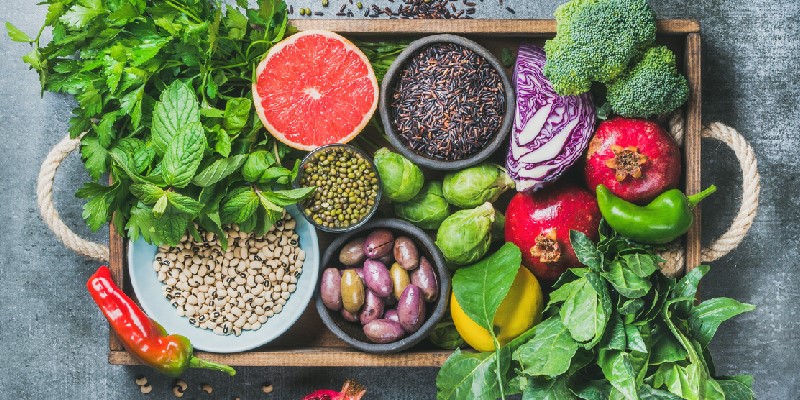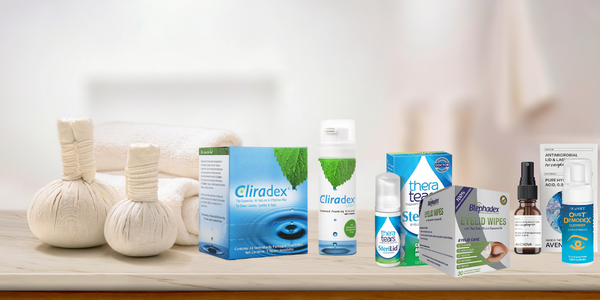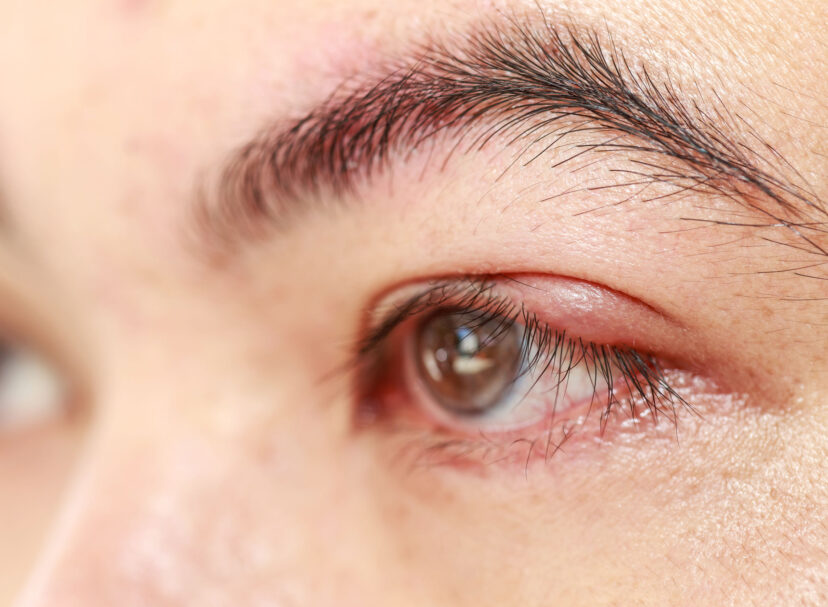There is an old saying that carrots can help improve a person’s vision. This statement, however, contains some truth and is more than just a common saying. Carrots are only one of several types of food that contain a large amount of vitamin A, which has been shown to strengthen a person’s vision.
Eye health can be significantly improved with a diet of fruits, vegetables, and other foods that contain minerals and vitamins important for good vision. The connection between strong eyesight and these foods has been established by several medical investigations.
Many people, however, are still confused about what type of foods are best to strengthen their eyesight. This article will review some of the important food groups that people can eat to make sure that their eyes stay healthy.
Fruits and Vegetables

Fruits and vegetables are an important source of antioxidants, which significantly help to improve a person’s vision. Lutein and zeaxanthin are antioxidants that prevent degeneration in the lens and retina of the eye. The human body cannot independently produce these antioxidants and must eat foods that contain them. Some of the fruits and vegetables that are particularly high in lutein and zeaxanthin include carrots, collard greens, kale, kiwi, mangos, melons, spinach, and yellow corn.
Drinkable Antioxidants
The antioxidants in green tea can help reduce macular degeneration as well as prevent many other ailments involving a person’s eyes. It contains catechins, which are anti-inflammatory.
Juices from fruits that contain a high amount of antioxidants such as acai berry, acerola cherries, goji berry, and other types of tart berries are also recommended
Omega 3 Fatty Acids

Omega 3 fatty acids play a significant role improving the health of a person’s eyes. These fatty acids include docosahexaenoic acid (also known as DHA) which plays a significant role in a person’s visual functions. People with dry eyes often particularly benefit from eating foods that contain omega 3 fatty acids such as halibut, mackerel, salmon, sardines, and tuna.
Potassium and Zinc
There are many minerals that are important in maintaining good eye health, but two of the most important are potassium and zinc. People who experience eye problems often report low potassium levels. Fortunately, potassium is contained in many types of food including almonds, avocados, bananas, dates, dulse, figs, kelp, pecans, raisins, and wheat germ.
Zinc also plays a very important role in several metabolic processes that help strengthen a person’s eyes. Finding foods that contain an ample amount of zinc, however, can be difficult. Some of the foods that contain zinc include fish, kelp, legumes, liver, mushrooms, and several types of seeds.
Vitamin A
The old saying that carrots help a person’s vision is based on the high level of vitamin A in carrots. In addition to carrots, some of the other foods that contain a large amount of this antioxidant include dairy products, egg yolks, kale, and spinach. Vitamin A is an excellent way to make sure that a person’s eyes remain healthy as well as to decrease the risk of cataracts and macular degeneration. Vitamin A is so important for vision that individuals with Stargardt’s disease may experience vision loss due to deficiencies of the vitamin.
B Vitamins
Foods that are rich in B vitamins can significantly promote good health for a person’s eyes. B complex vitamins may help reduce chronic inflammation and prevent elevated homocysteine levels in the blood, which have been associated with vascular problems affecting the retina. Some of the foods that contain a large amount of B6 vitamins include bananas, beans, chicken, fish, liver, pork, and potatoes. Foods that contain a large amount of B12 vitamins include dairy, eggs, meat, poultry, and shellfish.
Vitamin D
Deficiency of vitamin D is sometimes associated with dry eyes. Vitamin D improves factors that are associated with the protective coating of tears that form at the front of the eyes. As a result, people with vitamin D deficiencies often suffer from dry eyes. By increasing the amount of vitamin D in a person’s diet, an individual can strengthen their eyes and decrease the risk of dry eyes.
Water

Some cases of dry eyes can be resolved by drinking more water. Water plays an important role in many body functions and is classified as an essential nutrient. The National Academy of Medicine suggests that women need 90 ounces of water daily while men require 125 ounces. Any person who wants to make their eyes as healthy as possible must drink plenty of water.
Supplement Your Diet with a Cliradex Kit
In addition to proper diet, the correct hygiene can eliminate many cases of eye irritation. Cliradex sells a starter kit for individuals who are interested in an all-natural formula to provide deep cleansing of the eyelid. Cliradex can help manage symptoms such as burning, itching, excessive tearing, eye crustiness, and irritation caused by conditions like blepharitis, demodex mites, and dry eyes.





